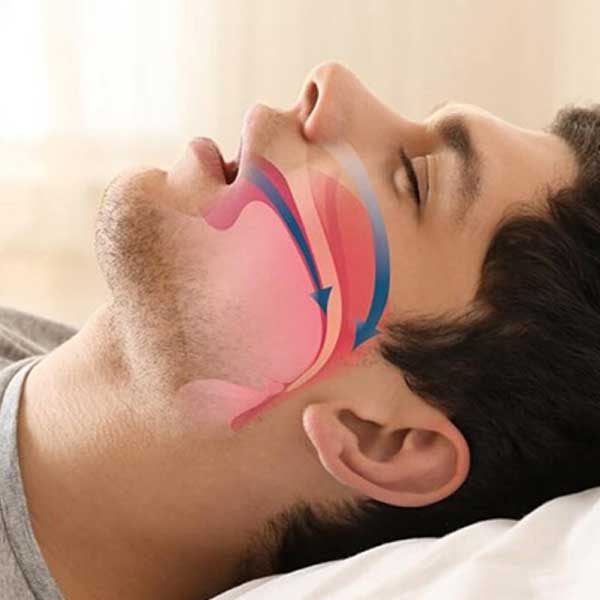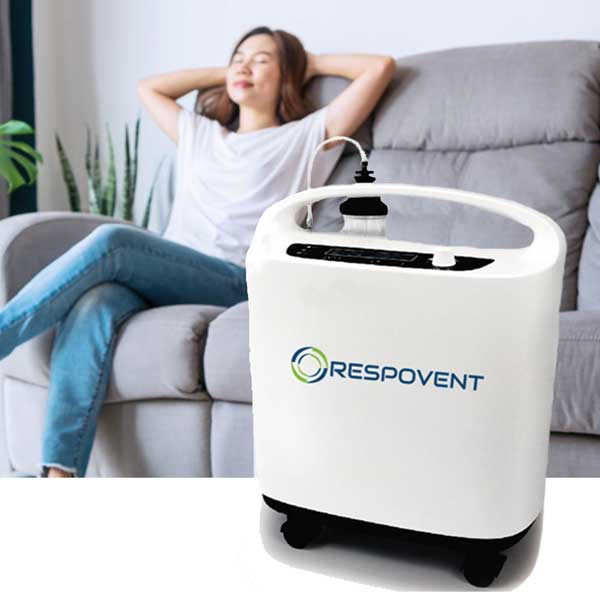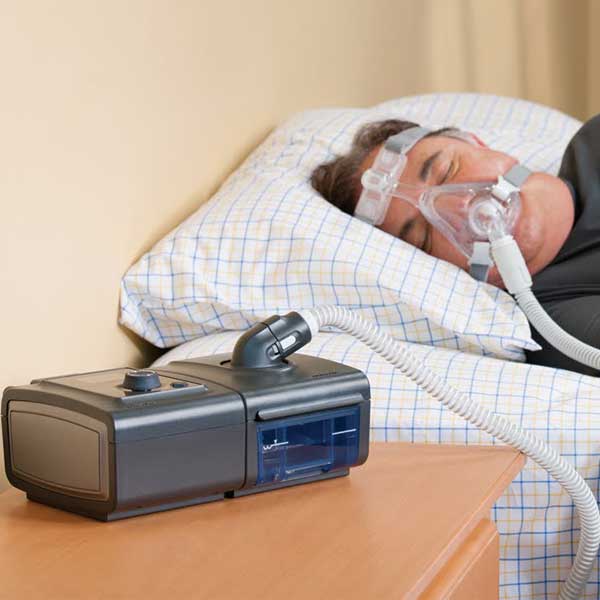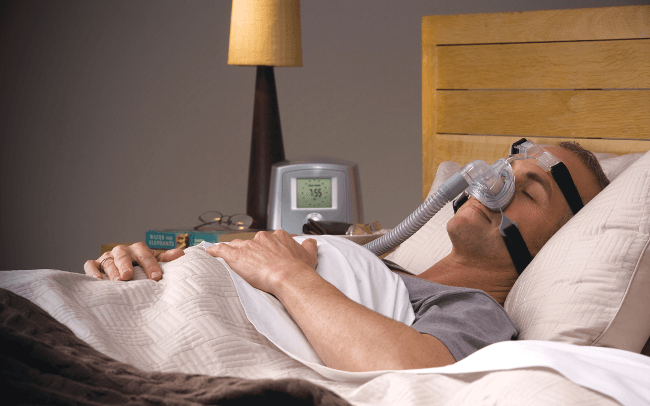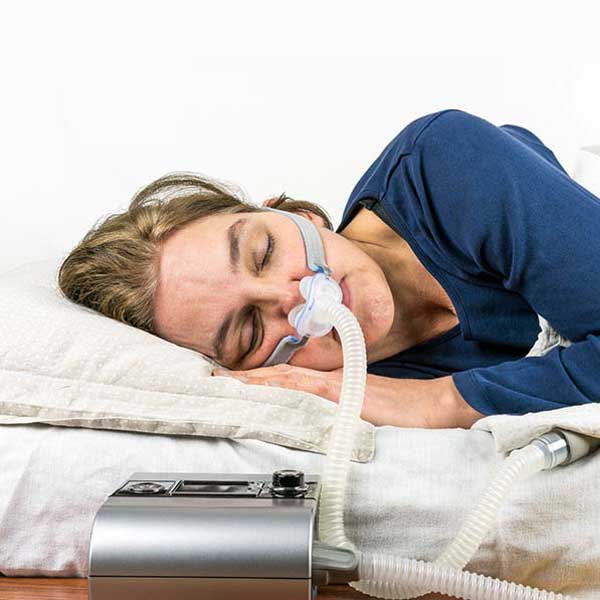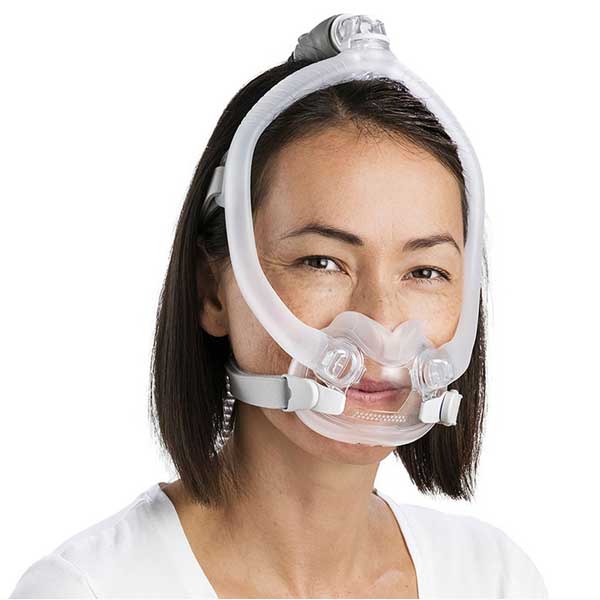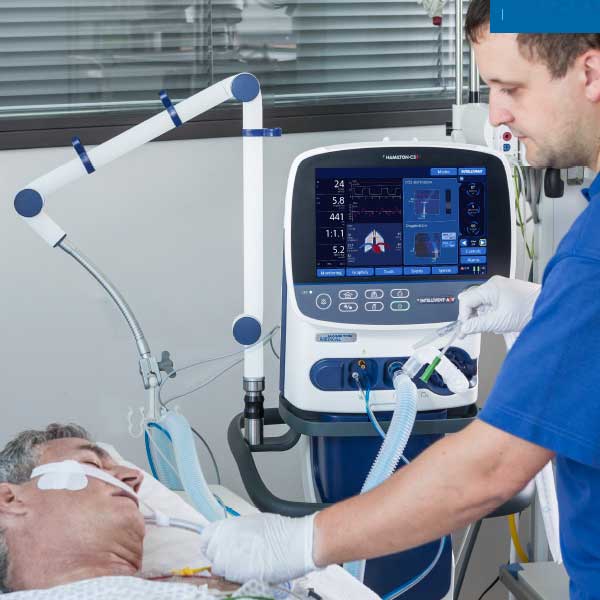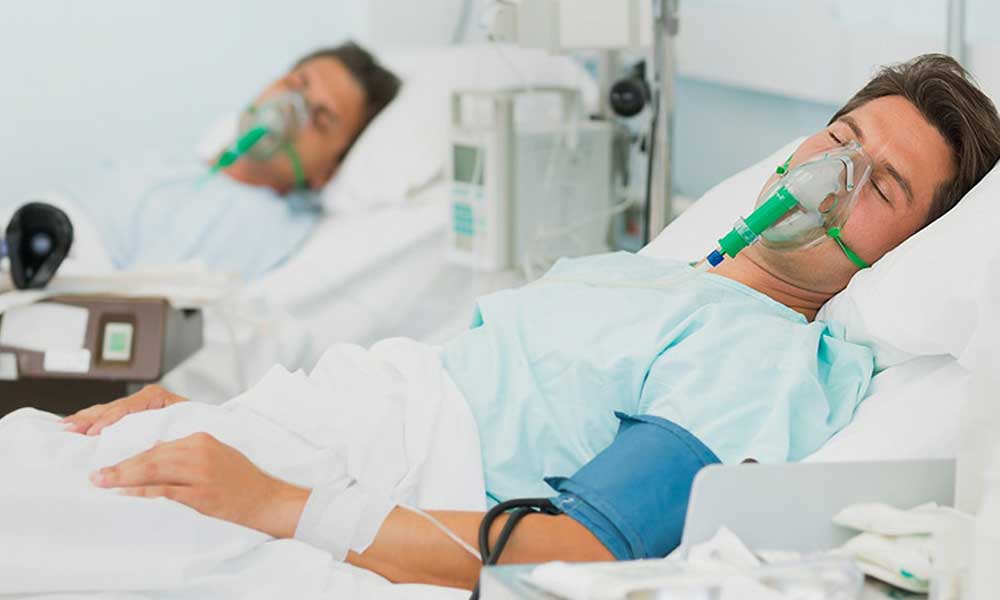
Respiratory and Sleep Treatment
What is Sleep Apnea? Sleep apnea, which we are accustomed to hearing frequently lately and can be defined as respiratory arrest during sleep, is one of the most common sleep disorders. Insomnia, also known as insomnia, is the most common sleep disorder, followed by sleep apnea syndrome. Sleep apnea can be defined as the cessation of breathing during sleep. In sleep apnea syndrome, temporary suffocation may occur for a few seconds during sleep. During this suffocation, the oxygen level in the blood drops, allowing the brain to wake up. The brain wakes the body to let the respiratory functions cease. People with sleep apnea may wake up several times during the night, and those whose sleep is frequently interrupted cannot remember the next day. This situation causes a feeling of fatigue and weakness in the person in repetitive time periods. Although the cause of sleep apnea is not known exactly, some conditions that can lead to sleep apnea are; Disturbances due to another sleep disorder Diseases of the upper respiratory tract drug use substance abuse being overweight Enlarged adenoids (adenoids) Sleep apnea syndrome should be investigated in people who think that they have slept for a sufficient amount of time and wake up tired, and people who are sluggish and sleepy during the day. Sleep apnea is a common and treatable sleep disorder. If you have problems such as fatigue, extreme nervousness, high blood pressure, depression, forgetfulness, concentration disorder, uncontrollable obesity; The reason may be sleep apnea, which you do not realize. It can also be defined as the air inlet and outlet falling below 20% of the normal value for at least 20 seconds in the sleep state. These pauses in breathing during sleep reduce the amount of oxygen in the blood, and in this case, the amount of carbon dioxide in the blood increases. Your breathing may be interrupted hundreds of times during the night, and therefore you will encounter problems such as snoring, difficulty breathing, and even waking up from sleep. Untreated sleep apnea can lead to serious life-threatening health problems, including heart diseases, within 10-20 years. Treatment Methods Sleep apnea is a serious sleep disorder that needs to be treated. The treatment varies according to the type of apnea, the depth of the apnea and the characteristics of the person's respiratory tract. An "air machine" called CPAP is one of these treatments. The mask connected to this device is attached to the patient and transmits the compressed air determined by the doctor to the patient. The device is used overnight and the compressed air prevents the respiratory tract from closing. In this way, the patient does not experience problems such as cessation of breathing in his sleep, and the sleep pattern becomes better quality. In addition, people with sleep apnea are advised to make changes in their lifestyle. It is extremely important for people to make changes in their lifestyle to reduce snoring and improve your sleep apnea symptoms. For people who have snoring or sleep apnea syndrome, he gives simple but helpful suggestions such as quitting smoking and alcohol, controlling their weight, exercising regularly, not eating heavy meals just before going to sleep, and sleeping on their side. For some patients, a special apparatus is prepared by the dentist to open the airway by pushing the lower jaw forward. Finally, if the above treatment options fail in sleep apnea syndrome, or in cases where the throat structures (adenoid, uvula) obstruct the airway, an operation can be planned that includes reducing or completely removing the tissues in the throat that narrow the airway during sleep.


